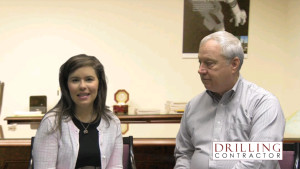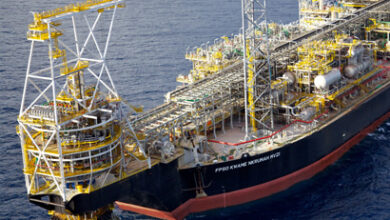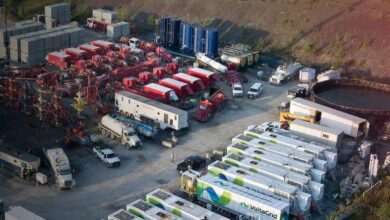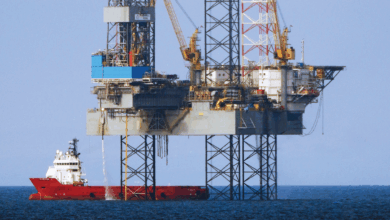IADC releases semi-annual report on international standards activities
By Amy Rose, IADC director of external relations

IADC recently released its semi-annual report on international regulations that affect offshore drilling activities. Alan Spackman, IADC vice president- offshore division, is the author of the publication.
“It’s important that offshore drillers have access to information that affects their operations. This report pulls together regulations from all sources into one easy-to-access location, and is a valuable resource for our members,” Mr Spackman noted.
The latest report, which covers November 2012 through March 2013, includes updates from the International Maritime Organization (IMO), International Association of Oil and Gas Producers, the International Seabed Authority and the International Standards Organization (ISO), among others.
Highlights of the report include:
• ISO 22313:2012, Societal security – Business continuity management systems – Guidance.
• ISO 19901-7, Petroleum and natural gas industries, specific requirements for offshore structures – Part 7: stationkeeping systems for floating offshore structures and mobile offshore units.
• IMO finalization of regulations and a code on occupational noise onboard ships; guidelines on recovery of people from water and revised guideline for operational implementation of the ISM Code.
• The International Seabed Authority began discussions on payments and contributions for oil and gas activities on the extended continental shelf.
• The International Association of Oil and Gas Producers issued the following:
- Recommendations for enhancements to well control training, examination and certification;
- Standards/guidelines for drilling, well construction and operations;
- Guidelines for implementing ISO 50001 energy management systems in the oil and gas industry; and
- Performance risk indicators for fatigue risk management systems.
• IMO considered:
- Casualty reports stemming from the Deepwater Horizon incident;
- Work prioritization, subcommittees restructuring and reduction of meeting weeks;
- The Instruments Implementation Code;
- The Code for Recognized Organizations;
- The draft Polar Code;
- Guidelines for the structure of an integrated system of contingency planning for shipboard emergencies;
- Mandatory requirements for enclosed space entry and rescue drills, including requirement for all MODUs;
- Guidelines for the approval of helicopter facility foam firefighting appliances; and
- Guidelines to assist investigators in the implementation of the Casualty Investigation Code.
“The biggest highlight of this report is the IMO’s review of the casualty report from the Deepwater Horizon incident. Taking them up next spring with the technical subcommittees, 25 different issues have been identified for possible development of regulations,” Mr Spackman said. “This obviously will have a huge impact on IADC’s membership, and thus, IADC will continue to be involved in the process.”
Mr Spackman has been authoring the semi-annual report for more than 20 years.
“All of our members are influenced by regulations that they must comply with. Being able to identify those regulations early and being able to influence them while in development is important for IADC members. I started the report as a personal effort to track what was happening on the regulatory front in order to recognize opportunities where we could have influence in developing regulations. This effort evolved into a report that we provide regularly to gain input into developing regulations and focus our efforts, both internationally and domestically, to the benefit of our member organizations,” he said.
Look for the next edition of this important report in early autumn.





Good day,
To give some background information I am a Technical Section Leader on an offshore drilling platform. During my career I have found environment issues some of the most critical to deal with due to the ramifications of an environmental accidents. As I am currently completing my Maritime Studies degree the topic of my final paper was on offshore generated waste. I believe it contains good information pertaining to issues every offshore platform has to deal with.
I would like to present it to your publication as a possible reference paper.
Please advise who I contact within your organization about this.
Thanks in advance.
Best Regards,
Doug Marks